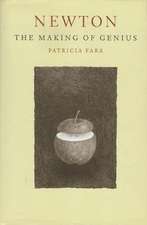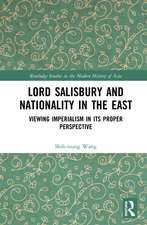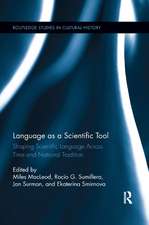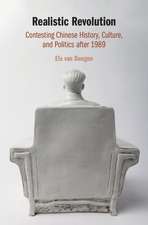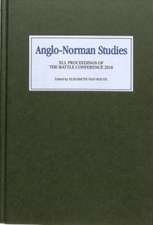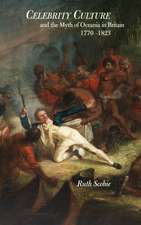Sex, Botany and Empire : The Story of Carl Linnaeus and Joseph Banks: Icon Science
Autor Patricia Faraen Limba Engleză Paperback – 20 iul 2017
When the imperial explorer James Cook returned from his first voyage to Australia, scandal writers mercilessly satirised the amorous exploits of his botanist Joseph Banks, whose trousers were reportedly stolen while he was inside the tent of Queen Oberea of Tahiti. Was the pursuit of scientific truth really what drove Enlightenment science?
In Sweden and Britain, both imperial powers, Banks and Carl Linneaus ruled over their own small scientific empires, promoting botanical exploration to justify the exploitation of territories, peoples and natural resources. Regarding native peoples with disdain, these two scientific emperors portrayed the Arctic North and the Pacific Ocean as uncorrupted Edens, free from the shackles of Western sexual mores.
In this ‘absorbing’ (Observer) book, Patricia Fara reveals the existence, barely concealed under Banks' and Linnaeus' camouflage of noble Enlightenment, of the altogether more seedy drives to conquer, subdue and deflower in the name of the British Imperial state.
Preț: 56.85 lei
Nou
Puncte Express: 85
Preț estimativ în valută:
10.88€ • 11.32$ • 8.98£
10.88€ • 11.32$ • 8.98£
Carte disponibilă
Livrare economică 24 martie-07 aprilie
Livrare express 08-14 martie pentru 17.07 lei
Preluare comenzi: 021 569.72.76
Specificații
ISBN-13: 9781785782275
ISBN-10: 1785782274
Pagini: 176
Dimensiuni: 129 x 198 x 22 mm
Greutate: 0.17 kg
Ediția:2 ed
Editura: Icon Books Ltd
Colecția Icon Books Ltd
Seria Icon Science
Locul publicării:London, United Kingdom
ISBN-10: 1785782274
Pagini: 176
Dimensiuni: 129 x 198 x 22 mm
Greutate: 0.17 kg
Ediția:2 ed
Editura: Icon Books Ltd
Colecția Icon Books Ltd
Seria Icon Science
Locul publicării:London, United Kingdom
Notă biografică
Patricia Fara is a Senior Tutor at Clare College at the University of Cambridge, where she teaches history of science. Her other books include Newton: The Making of Genius (Macmillan, 2001) and An Entertainment for Angels (Icon, 2002).
Descriere
When the imperial explorer James Cook returned from his first voyage to Australia, scandal writers mercilessly satirised the amorous exploits of his botanist Joseph Banks, whose trousers were reportedly stolen while he was inside the tent of Queen Oberea of Tahiti. Was the pursuit of scientific truth really what drove Enlightenment science?
In Sweden and Britain, both imperial powers, Banks and Carl Linneaus ruled over their own small scientific empires, promoting botanical exploration to justify the exploitation of territories, peoples and natural resources. Regarding native peoples with disdain, these two scientific emperors portrayed the Arctic North and the Pacific Ocean as uncorrupted Edens, free from the shackles of Western sexual mores.
In this ‘absorbing’ (Observer) book, Patricia Fara reveals the existence, barely concealed under Banks' and Linnaeus' camouflage of noble Enlightenment, of the altogether more seedy drives to conquer, subdue and deflower in the name of the British Imperial state.









